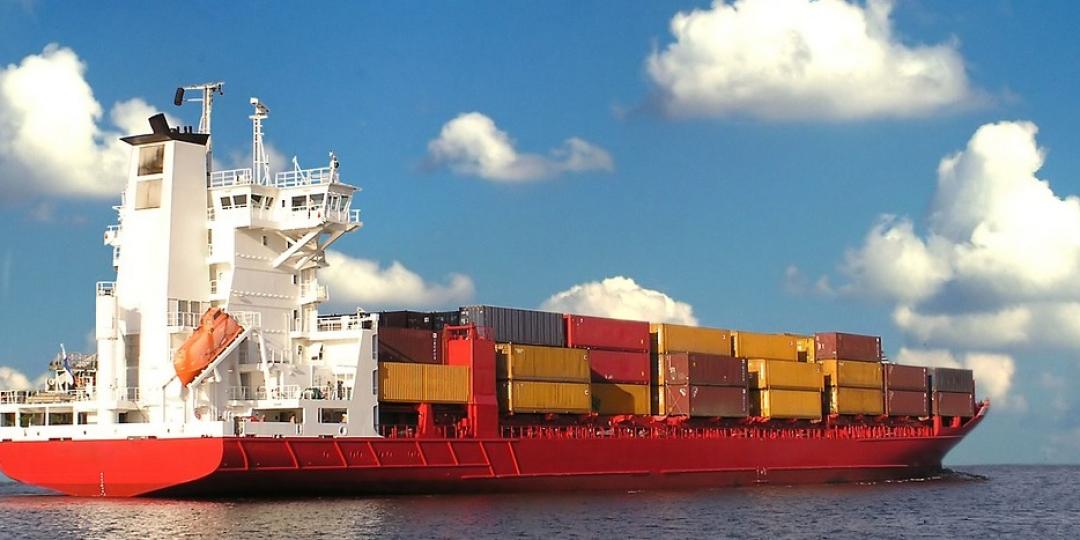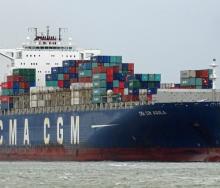The knock-on effect of the massive escalation in sea freight rates has seen a significant change in shipper behaviour, with many rushing to negotiate contracts earlier than has traditionally been the case.
That’s according to research conducted by maritime consultancy Sea-Intelligence on the Transpacific trade, revealing that the very large rate increases seen on this route prompted a substantial number of shippers to negotiate new service contracts for 2021 much earlier than usual in order to safeguard against further market disruption.
Under normal market conditions, 41% of the original filings are done in the April-May period with a “shoulder season” in March and June. Most other months have a filing share of around 5%," said CEO Alan Murphy. “However, in 2020 we see a large shift in November and December,” he said.
“In 2021 we see an even more extreme shift, as a staggering 38% of all original filings are made in December 2021, clearly in an effort by the shippers to pre-empt more disruptions in 2022,” said Murphy.
“While we see drastically changed behaviour when it comes to the contractual relationship between shippers and carriers, what is of course uncertain is whether this change is temporary or a harbinger of a more fundamental shift in the US markets going forward.”
The Transpacific figures are available because in the USA service contracts between the shippers and carriers must be filed with the Federal Maritime Commission (FMC). Although the contracts themselves are confidential, the FMC provides information on the number of contract filings as well as the number of amendments














